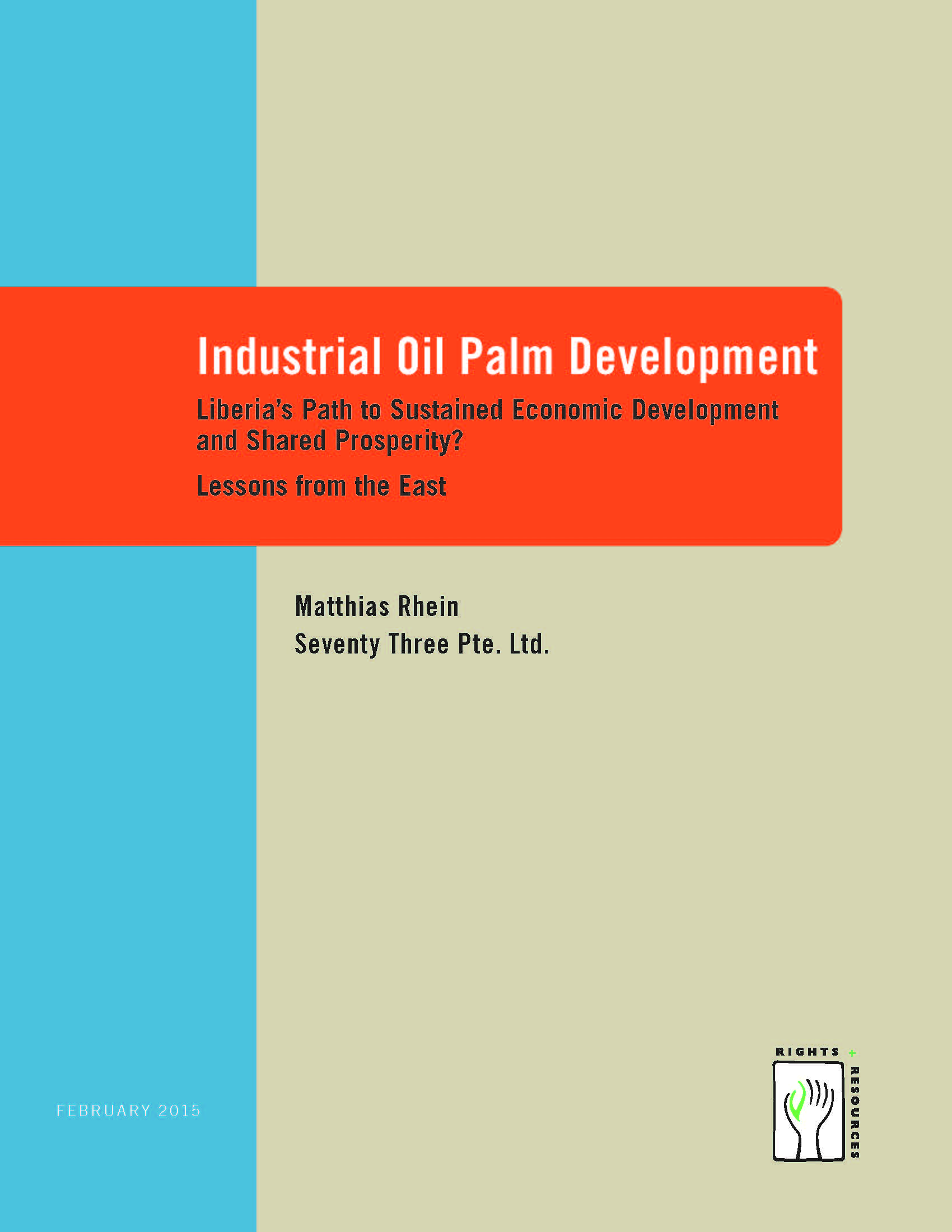Focal point
Location
The Rights and Resources Initiative is a strategic coalition of international, regional and community organizations engaged in development, research and conservation. Together, we are working to encourage greater global commitment and action on pro-poor tenure, policy and market reforms.
The RRI coalition is formed by a group of core Partners who conduct work in specific areas of their regional and thematic expertise. Partners also engage with a wide group of collaborators who participate in and support RRI activities around the world. RRI is a strategic coalition that goes beyond the traditional set of international development actors to involve a wide spectrum of organizations, each of which provides a critical perspective in the larger chain of actors necessary to advance change.
Our Mission
RRI’s Mission is to support local communities’ and indigenous peoples’ struggles against poverty and marginalization by promoting greater global commitment and action towards policy, market and legal reforms that secure their rights to own, control and benefit from natural resources, especially land and forests.
Global Challenge, a Global Opportunity
Forests cover close to 30 percent of the world's land area, and more than a billion people rely on forests to a significant extent for their food, fuel and income.
An estimated 350 million indigenous and tribal peoples are at least partly dependent on forests, including some 60 million who are substantially dependent on forests for their subsistence and livelihoods. Forests are also particularly important to poor women, who shoulder much of the burden for hauling wood and collecting and marketing forest products.
Dominant models of forest industry and conservation have often exacerbated poverty and social conflicts and have precluded pro-poor economic growth. The lack of clear rights to own and use forest land, develop enterprises, and trade in forest products has driven millions of forest dwellers to poverty and encouraged widespread illegal logging and forest loss.
The world will not meet national and global goals to reduce poverty and protect the environment unless poor peoples' rights to land and resources are strengthened. Neither will the world effectively mitigate or adapt to climate change without clarifying local tenure and governance. The next two decades are critical--both for the poor and for the forests.
There are reasons for optimism. Organizations of indigenous peoples and forest-dwelling communities are gaining voice and opportunity, and after decades of limited action many countries are beginning to consider far-reaching legal and policy reforms. There is a major opportunity to advance the rights and livelihoods of forest peoples by establishing the institutional foundations for sustained conservation and forest-based economic development.
Resources
Displaying 56 - 60 of 109FOREST TENURE, RESTORATION AND GREEN GROWTH - Seventeenth RRI Dialogue on Forests, Governance, and Climate Change (text and video)
A video recording of a whole-day conference held on 18 June 2015. The page begins with text presentations. For the video recordings of the event, scroll down to Webcasts....."Co-Organized by RRI and IUCN, in partnership with the Embassy of France in Washington, DC...
The Growing Threats to India’s Financial System: Easy Access and Clearances of Land and Natural Resources
This brief presents an analysis of the actual mechanics of these regulations, and how they relate to each other. In doing so, authoher reaches exactly the opposite conclusion of the government of India and the financial media. The brief find that India’s current system of financial and environmental regulation is jeopardizing India’s financial system for entirely different reasons to those often argued. And the planned “reforms” of this system will exacerbate these growing threats.
Industrial Oil Palm Development
The purpose of this paper is to contribute to Liberia’s debate on economic policy, specifically, recent efforts around industrial-scale palm oil development against the context of the wider role of the rural sector in economic development.
Background document on guidance to corporates on the practical application of the CFS Voluntary Guidelines on Land Tenure (VGGT)
The objective of this document is to guide the corporates and investors understand how to respect peoples’ ’‘tenure rights to land, fisheries and forest”,and ensure that communities have access to remedies ‘acceptable to both parties’ when such rights are impinged or such potential is recognized.
Lots of Words, Little Action:Will the private sector tip the scales for community land rights?
Land rights are rapidly becoming the new political battleground, central to discussions on climate change, food security, poverty alleviation, corporate sustainability, gender equality, and even democracy itself. As the world attempts to recover financial stability, and as an increasing number of countries in Africa and elsewhere seek to emulate the economic success






